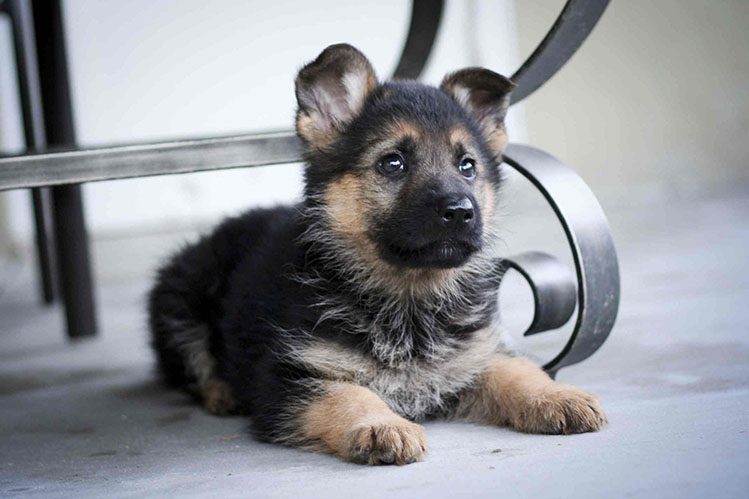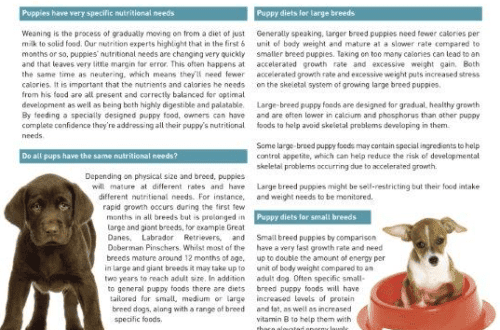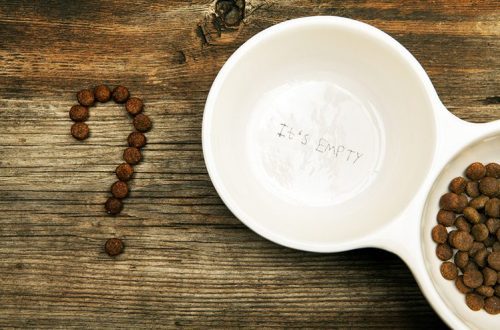
Pehea e hoʻomākaukau ai i kahi ʻīlio no ka lāʻau lapaʻau?
In one of our articles, we talked about the need for vaccination and how . Today we will dwell in more detail on preparing a puppy for vaccination, since the success of vaccination depends on the correct approach and the state of the body.
Vaccination is the introduction of a weakened or killed pathogen (antigen) into the body in order to teach the immune system to fight it. In response to the introduction of the antigen, the body begins to produce antibodies that will circulate in the blood for about a year (after this period, another vaccination is carried out to prolong protection, etc.). Thus, if not a weakened, but a real pathogen enters the body, then the immune system, already familiar with it, will quickly destroy it.
As you can see, the immune system plays a key role in vaccination. It is she who must “process” the antigen, remember it and develop the correct answer. And for the result to be achieved, the immune system must be very strong, nothing should undermine its work. Weakened immunity will not respond to the causative agent of the disease properly. At the same time, at best, vaccination will not bring results, and at worst, the puppy will get sick with the disease from which it was vaccinated, because. weak immunity can not cope with antigens.
Therefore, the main rule is to vaccinate only clinically healthy animals. This is step #1. Even a small scratch on a paw, a broken stool, or a fever are good reasons to delay vaccination. But in addition to external ailments, which are easy to notice, there are internal problems that are asymptomatic. For example, an invasion that may not manifest itself for a long time.

The danger of helminth infection should never be underestimated. As statistics show, most pets are infected, while the owners are not even aware of it. If there are few helminths in the body, then the symptoms do not appear for some time. However, the waste products of helminths weaken the immune system and slowly but surely disrupt the functioning of the organ in which the parasites are localized. Therefore, the second step to successful vaccination is high-quality deworming.
Deworming is carried out 10-14 days before vaccination!
And the third step is to support the immune system before and after vaccination. After deworming, it is necessary to remove toxins from the pet’s body, formed as a result of the vital activity and death of worms, so that they do not weaken the immune system. To do this, 14 days before vaccination, liquid prebiotics (Viyo Reinforces) are introduced into the puppy’s diet. Ideally, they should not be withdrawn from the diet for two weeks after vaccination, because. they will support the immune system and help it cope with antigens.
And finally, do not forget about the timeliness of vaccination! The body of the pet will be protected only if the vaccination is carried out according to the plan.
Take care of the health of your pets and remember that diseases are easier to prevent than to fight them.





